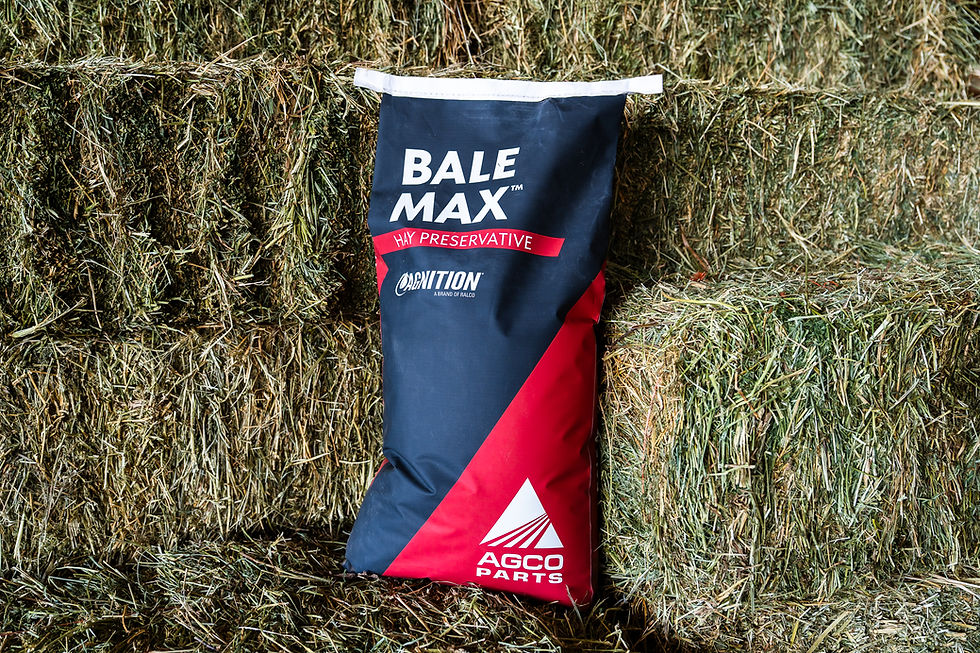Increased Microbial Activity Helps Overcome Cool Weather Plant Stress
- Agnition
- May 17, 2015
- 2 min read
Updated: Mar 10, 2022
Earlier plantings and planting into cold soils present challenges to crop growth and development. For example, corn is a warm season grass, which means that optimal growth for corn is around 85-90 degrees F. Corn will tolerate colder temperatures to around 50 degrees F, but growth will be slowed and sluggish. In a sense, the plant will be under some type of stress especially early in the growing season when temperatures are lower.
“Modern genetics and defensive seed treatments have encouraged growers to plant earlier and the rewards for planting early are great when the weather cooperates by increasing temperatures. The risks of planting early include periods of time when the temperatures do not increase, or actually decrease. This puts the crop into stress that can be difficult for the plant to overcome,” said Pete Hallberg, Agnition Field and Technical Agronomist. “The slow response of soil microbial activity is related to the plants inability to obtain essential nutrients, and many nutrient deficiencies are observed.”
Agnition’s Microbial Catalyst® technology has been proven to stimulate soil microbes immediately after foliar application, which helps reduce the effects of early crop stress.
Crops depend on diverse soil biology for essential nutrients. Because of the in-depth interactions between all microbial species and crops, a greater biological diversity is beneficial to microbes and plants. When there is a change in the environmental conditions such as early cool temperatures during the growing season, the soil food web is disrupted.
“Due to the stressful conditions, the plant is not able to send the excess carbon and sugars to the root zone to select the beneficial microbes. In normal conditions the root is supplying food for the beneficial bacteria, which coat the walls of the root along with the fungal strands and create a filament barrier. When this cycle is broken, not only is the root left bare and defenseless against the pathogenic microbes, but the bacteria and fungi are no longer aiding in the supply of water and nutrients,” said Agnition Microbiologist Rachel Raths.
When the soil food web is unbalanced pathogens are no longer inhibited and the immune system of crops are compromised. Crops are then unable to withstand temperature, moisture or pathogenic stress. Typically decreased microbial activity allows pathogens more opportunity to inhibit proper plant development. Pathogens are not in-sync with the plant/temperature relationship and cause diseases without the protection from beneficial microbes.
“The Microbial Catalyst technology found in Generate® has demonstrated an increase in soil microbial activity. The increased microbial activity helps plants recover from stressful conditions by increasing nutrient availability, plant hormones, enzymes, vitamins and amino acids. Utilizing Generate from Agnition in a foliar application has helped plants with less vigor become more advantageous and combat sluggish starts,” Hallberg said.
About Agnition
Agnition is a brand of Ralco, a third-generation family owned multinational company with distribution in more than 30 countries. A leading global provider of crop enhancement products, livestock nutrition and animal health products; Ralco supports large segments of the livestock, poultry, aquaculture and crop industries.
For more information contact:
Glenn Bader
(507) 337-6867




Comments